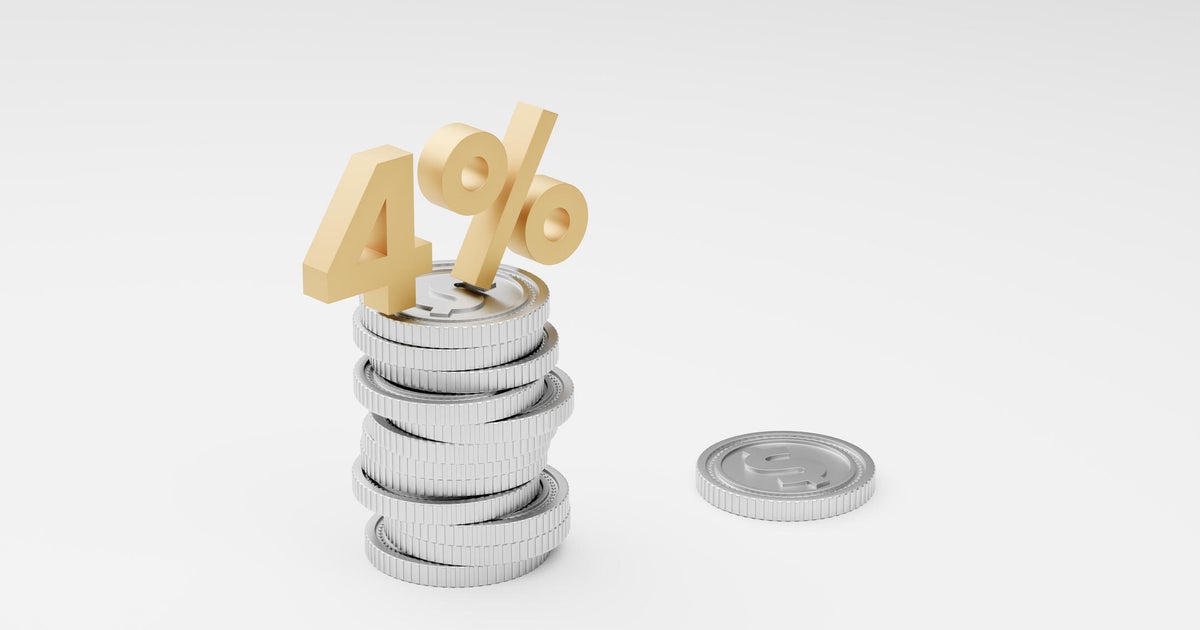How to determine if life insurance is worth it
Life insurance is often considered a sound financial investment for adults of varying ages. For a minimal fee to a provider each month, policyholders can gain financial security for their loved ones and potential cash value for themselves while still alive.
The benefits of life insurance are substantial, particularly considering that coverage amounts could be worth hundreds of thousands of dollars or even more than $1 million.
That said, not every investment is the same. The benefits for one policyholder may not be as advantageous as they are for another. It helps to do your research in order to determine if life insurance is truly valuable for you and your loved ones.
You can start by getting a free price quote online right now so you know exactly what to expect.
How to know life insurance is worth it
As with most personal finance considerations, there is no standard recommendation. The value of life insurance is tied to a variety of factors. However, it's often considered worth it if:
You're young and healthy
When it comes to getting the most value for your money, it pays to get a life insurance policy when you're young and healthy. Life insurance doesn't become cheaper when you age - in fact, it only grows more expensive as health issues become more frequent and the chances of your beneficiaries cashing a policy become more realistic. Those risks will be reflected in a higher monthly premium.
But if you're young, healthy and willing to take a medical exam to prove it, you can often get a substantial amount of coverage for a minimal cost. A term life insurance policy for $1 million, for example, could be provided for less than $100 a month (or maybe even cheaper). In this case, the cost-benefit analysis demonstrates that having life insurance is worth it.
Explore your life insurance options online now.
You have financial dependents
If you're single and financially independent with no one relying on you then you may be able to skip life insurance - or just count on the employer-provided life insurance you may already have.
However, if you're married and have kids, or married without kids or have kids and aren't married then you should have life insurance, and probably in a significant amount. In short: If other people are counting on you financially then you'll need the protection life insurance offers to ensure that those people will be covered in your absence.
If a life insurance policy can be depended on to pay the utility bills, tuition costs and food and clothes shopping that you currently pay for your dependents then it's worth getting.
You have a mortgage
Home loans traditionally come in 15 and 30-year amounts. Crunch the numbers. Will your employer-provided plan be enough to cover what you owe to the bank and will owe to the bank in the coming years and decades? Or are you comfortable with having the people in your home downsize to a more affordable alternative in your absence?
If you want to minimize disruptions - and leave your hard-earned home investment to your beneficiaries - then a life insurance policy is valuable. Just make sure to get a protection amount commensurate to your outstanding mortgage balance.
Start exploring your options by using the table below.
The bottom line
The above list is not exhaustive and shouldn't be considered a definitive checklist for when you should or shouldn't purchase life insurance. But, if you do fall into one or more of the above categories, then you should act now while you can still potentially lock in a low rate. Start comparing life insurance rates and providers online right now.




